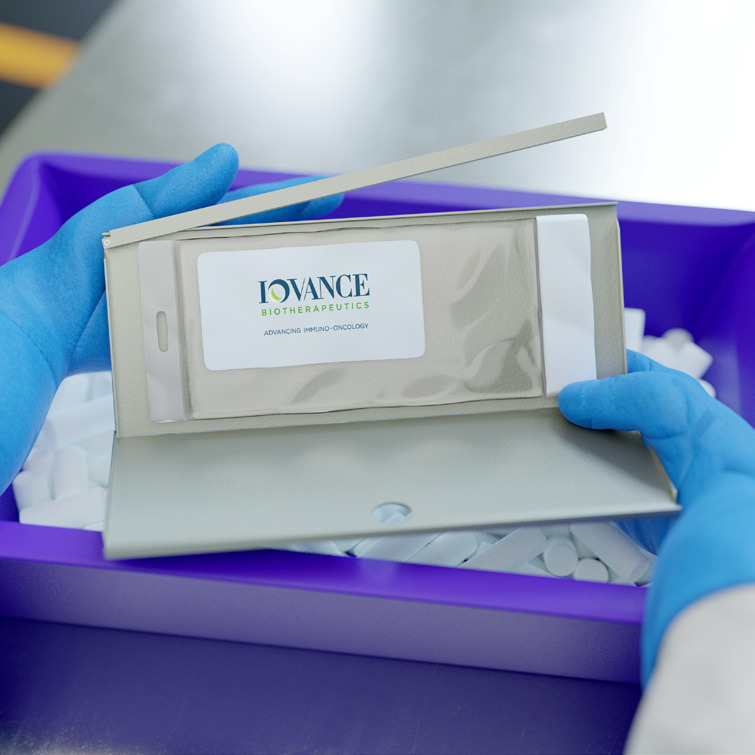
Iovance Biotherapeutics announced recently its AMTAGVI, a therapy for advanced melanoma had received U.S. Federal Drug Administration (FDA) approval for intravenous infusion.
The company said AMTAGVI will be manufactured in Philadelphia at the Iovance Cell Therapy Center (iCTC), and will be have capacity for up to several thousand patients annually. Additionally, Iovance said it plans to expand the iCTC to significantly increase capacity over the next few years. iCTC is the first FDA-approved, centralized, and scalable manufacturing facility dedicated to producing tumor infiltrating lymphocyte (TIL) cell therapies for patients with solid tumors.
“The accelerated approval of AMTAGVI™ is the first step in realizing Iovance’s ambition to usher in the next generation of cell therapy by bringing this breakthrough to patients with advanced solid tumors,” said Frederick Vogt, Ph.D., J.D., Interim Chief Executive Officer and president of Iovance. “Given the significant unmet needs in the advanced melanoma community, we are proud to offer a personalized, one-time therapeutic option for these patients. We are continuing our development efforts to address additional unmet medical needs in patients with solid tumor cancers, making our novel cell therapies available to more patients with melanoma and other types of cancers.”
AMTAGVI is a tumor-derived autologous T cell immunotherapy used in the treatment of adult patients with unresectable or metastatic melanoma previously treated with anti-PD-1 and targeted therapy. AMTAGVI deploys patient-specific immune cells that recognize and fight the cancer, the company said.
The therapy is manufactured by collecting and expanding a patient’s unique T cells from a portion of their tumor, then returning billions of the patient’s T cells back to the body to fight their cancer. AMTAGVI is administered to patients as part of a treatment regimen that includes lymphodepletion and a short course of high-dose PROLEUKIN.